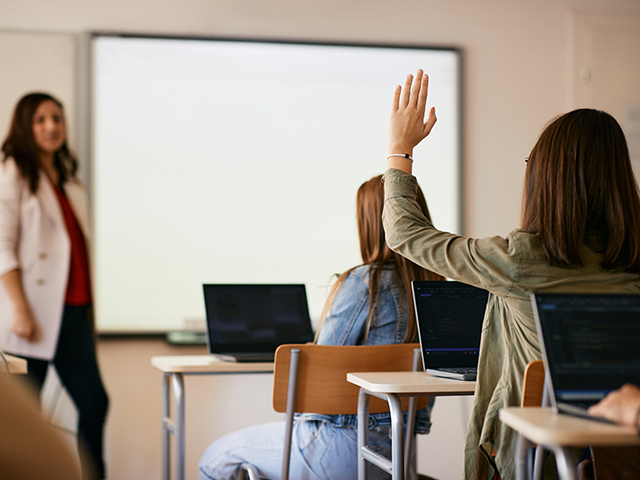Education is the priority and foundation for the development of Serbia. The Serbian government aims to provide quality education accessible to all and is committed to addressing the challenges related to preparing young people for future professions. Young individuals are encouraged to think critically and analytically, the education process is being modernised, and Serbia is fostering a knowledge-based society where people, their ideas, and innovations drive progress.
Who is it intended for?
It is intended for those who have completed the primary education cycle.
After secondary school, students should:
- Acquire the knowledge necessary for further education and participation in modern society;
- Be capable of finding employment;
- Be able to make informed decisions regarding their profession and/or further education;
- Understand the importance of health and safety, including occupational health and safety;
- Be equipped to solve problems, communicate effectively and work as part of a team;
- Demonstrate tolerance and respect for diversity;
- Be motivated to continue learning and to express their views freely.
What types of secondary schools are there in Serbia?
- According to their type, secondary schools in Serbia include:
- Grammar schools
- Vocational schools
- Art schools
- Mixed schools (combining grammar and vocational or art education)
- Schools for adult education
- Schools for students with disabilities
Private and public high schools
Public secondary schools are tuition-free and students can enrol after passing the final exam. For enrolment in specialised schools, an entrance examination is required.
Tuition fees for private schools are paid independently.
A list of approved private and international secondary schools is available here.
The inclusion of all children and young people in the education system is based on the principles of equality, accessibility, social justice and equal opportunity without discrimination. The education process is continuously improved through adaptations to meet diverse student needs and through respect for the rights of every child, student and adult learner.
The Ministry of Education prioritises the creation of a safe environment for each student’s growth and development.
A free-of-charge helpline (SOS line) for reporting violence in schools has been in operation since 2011. The line is open on school days from 7:30 to 15:30 and can be reached at 0800 200 201.
Continuous improvement of educational quality through the development of an inclusive culture, policies and practices at all levels of education remains one of the Ministry’s key goals.


